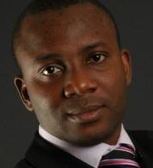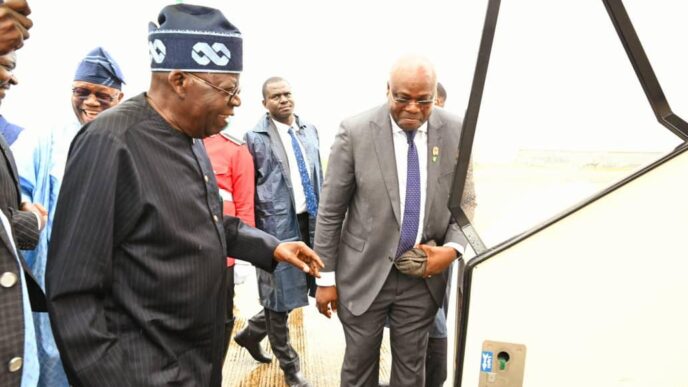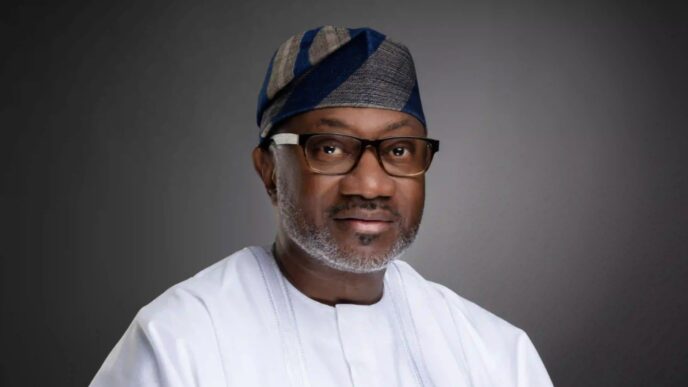The Global North has inadvertently narrowed energy transition and sustainability discourse to climate issues, but it is also important to broaden the conversation along the lines of social sustainability, governance, age and gender.
As we discuss Africa’s energy future, my hands-on experience and research highlight several pivotal considerations. In my dealings with large corporations—banks, in particular, from a West African, especially Nigerian perspective—I’ve observed that the energy transition debate isn’t as captivating to them as one might expect. Their involvement in climate discussions often isn’t driven by a zeal to save the planet. Rather, it’s the allure of climate or green finance, dangled by the global north, that captures their attention. This funding is attractive, sure, but once it’s in the hands of financial institutions, it’s often redirected. When it comes to reporting on climate impact, these banks can demonstrate compliance with remarkable adeptness. And here, I admit to a certain cynicism, especially regarding the banks.
Furthermore, the strategy of using doomsday scenarios to spur African action on climate change is ineffective. There’s a local adage: ‘He who is down fears no fall.’ This encapsulates the current sentiment of many Africans. Threats of global collapse don’t resonate with someone who feels they have little to lose. Instead, to genuinely engage Africans, we must address the continent’s most pressing issues.
Take unemployment, a factor often overlooked in the climate discourse. With around 60% of African youth jobless, linking climate action to job creation, poverty reduction, and other local concerns is essential. Without this linkage, efforts are mere window dressing. People will find ways to tap into funds without truly tackling the energy transition and climate challenges that are of importance to external stakeholders.
Advertisement
Lastly, the conversation needs expansion. The Global North has unintentionally framed the sustainability dialogue predominantly around climate. But sustainability encompasses more—social factors, governance, and more. And it’s critical to widen the dialogue to include diverse perspectives, accounting for age and gender, to make the discourse far more inclusive and representative than it stands now.
I’ve been particularly reflecting on the necessity of integrating young voices into the sustainability dialogue, and I was struck by research from the Enel Foundation, which surveyed around 42,000 young people globally. Their findings are encapsulated in the Global Youth Energy Outlook, readily accessible online. I’d like to touch upon some key insights from this report, particularly through the lens of African youth.
Firstly, are the youths engaged with climate issues? Absolutely. The report shows that roughly 85 percent of young Africans are either moderately or deeply concerned about climate change. When queried about their countries’ investment in combating climate change, a stark 69 percent believe there’s a shortfall in investment, and another 14 percent feel there’s been no investment whatsoever. As for their input being valued by those in power, only 35 percent feel that businesses heed their perspectives.
Advertisement
The report also explores whether there are substantial opportunities for youth to collaborate directly with policymakers on sustainable energy matters. About 40 percent affirm this is the case, with a slightly higher 46 percent for engagements with businesses. However, when it comes to accountability for reducing greenhouse emissions, young Africans look to their governments first, then industries. This is where I sense a troubling paradox. The same governments identified as the largest obstacles to sustainable energy transitions are also viewed as the bearers of solutions.
In my role advising a subnational government in Nigeria, I witness firsthand the challenges of integrating sustainability. Despite my efforts to foreground these concerns, they often fall on deaf ears. Nigeria’s oil wealth presents a paradox central to the energy transition debate: the prevailing attitude is to exploit oil reserves now and face the consequences later.
Yet, there is hope in the actions of the youth. I know of a young African woman ambitiously aiming to produce indigenous solar solutions. Her journey is tough, with her products struggling to compete with cheaper imports from China and Europe. Another young African has taken a different route, using imported materials to meet local needs. These contrasting approaches show the range of strategies young Africans are adopting to address our energy challenges.
Despite the slow pace of the energy transition on the continent, we must not despair. With the right narratives, resources, and support, I’m confident that the energy transition in Africa can gain momentum and succeed.
Advertisement
Prof Amaeshi is a leading scholar on sustainable business and finance in the global south. He is the Chair in Business and Sustainable Development and Director Scaling Business in Africa at the University of Edinburgh, and the Chair in Sustainable Finance at the European University Institute, Florence, Italy. In addition, he is an Honorary Professor of Business in Africa at the Graduate School of Business, University of Cape Town, South Africa, and Visiting Professor of Strategy and Governance at the Lagos Business School, Pan Atlantic University, Nigeria. He was a Visiting Professor of Leadership and Financial Markets in Africa at the London School of Economics.
*The article was first published in ENI’s World Energy (December 2023, Number 59)
Views expressed by contributors are strictly personal and not of TheCable.
Add a comment











